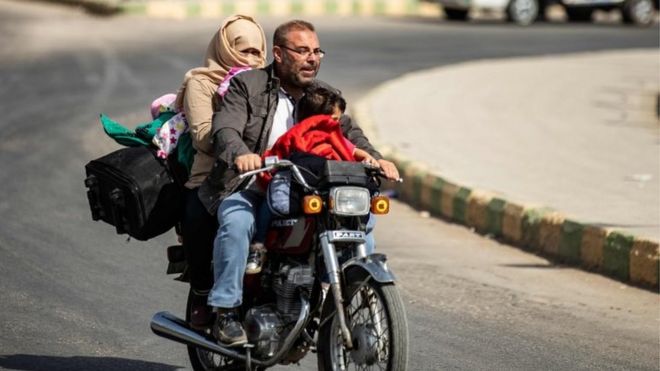 AFP
AFP
Kurds under attack from Turkey in northern Syria say they will no longer prioritise guarding Islamic State detainees if the offensive continues.
The Kurdish-led Syrian Democratic Forces (SDF) currently hold thousands of suspected IS prisoners.
Areas in north-eastern Syria under SDF control have come under heavy bombardment from Turkey since it launched its offensive on Wednesday.
More than 50 civilians have reportedly died on both sides of the border.
Turkey accuses the Kurds of being terrorists and says it wants to drive them away from a "safe zone" reaching some 30km into Syria.
It also plans to resettle more than three million Syrian refugees in the zone who are currently in Turkey.
In another development, a female Kurdish politician and women's rights activist was among nine civilians killed on a road in northern Syria on Saturday, the Syrian Observatory for Human Rights (SOHR) monitoring group said.
Hervin Khalaf, secretary general of the Future Syria Party, was ambushed and shot dead along with a driver and an aide after returning from a meeting in Hasaka, her party said.
The SDF said that Turkish-backed fighters had taken Khalaf out of her car and executed her. SOHR said the nine had been killed at different times in "field executions" along the road.
A spokesman for the Turkish-backed rebel group the Syrian National Army denied carrying out the killings, saying it had not advanced that far, Reuters reported.
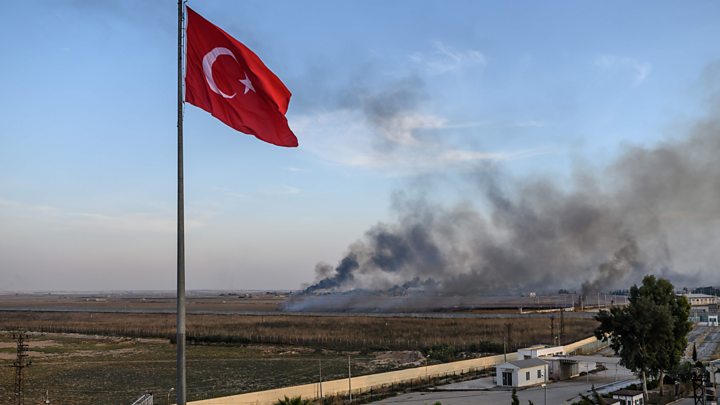
According to the UN, more than 100,000 people have already been displaced from areas under Kurdish control. The Kurdish administration in north-eastern Syria puts the figure much higher, at more than 191,000.
President Donald Trump's decision to withdraw US troops from the area effectively triggered the Turkish incursion against the SDF - the main Western allies in the fight against IS.
What did the Kurds say?
Fighting on the Syrian border with Turkey has prevented the SDF from securing IS detention camps in areas under its control, senior official Redur Xelil said in a televised statement on Saturday.
"Guarding IS prisons is no longer a priority. Whoever cares about the secure detention of the prisoners they are welcome to come and find a solution."
Instead, he said, SDF forces would "move to protect our cities and our people".
He warned that the Turkish operation was opening the way for IS to regroup.
"It has revived it and activated its cells in Qamishli and Hassakeh," he said.
What is IS doing in Syria?
The comments come after two deadly car bombs in both cities a day earlier, claimed by IS.
Five IS members also escaped from a prison in Qamishli amid Turkish shelling on Friday, the SDF said.
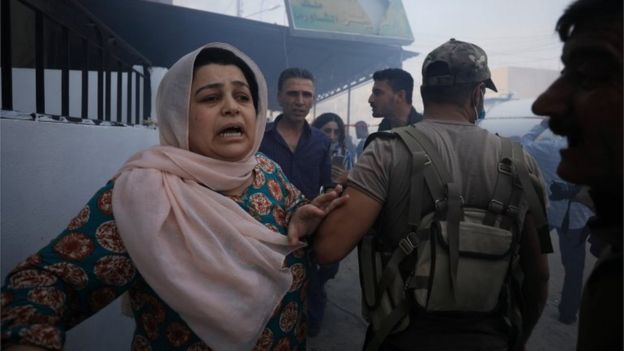 REUTERS
REUTERS
Separately on Saturday, IS declared a new campaign in Syria, which it said was to avenge its members' detention in Kurdish-run prisons.
The SDF says it is currently holding more than 12,000 suspected IS members in seven prisons, and at least 4,000 of them are foreign nationals. The exact locations have not been revealed, but some are reportedly close to the Turkish border.
Two camps - Roj and Ain Issa - holding families of suspected IS members are inside the "safe zone".
On Friday the Kurdish-led authorities said discussions were under way on how to move the Ain Issa camp, which had been hit by shelling.
Turkey says it will take responsibility for IS prisoners it finds during its offensive.
How is the offensive developing?
Clashes on Saturday intensified around Ras al-Ain, amid conflicting accounts over which side was in control of the key border town.
Turkey said its military and allied Syrian rebels had captured the town centre, but the Kurdish-led SDF forces denied it had fallen.
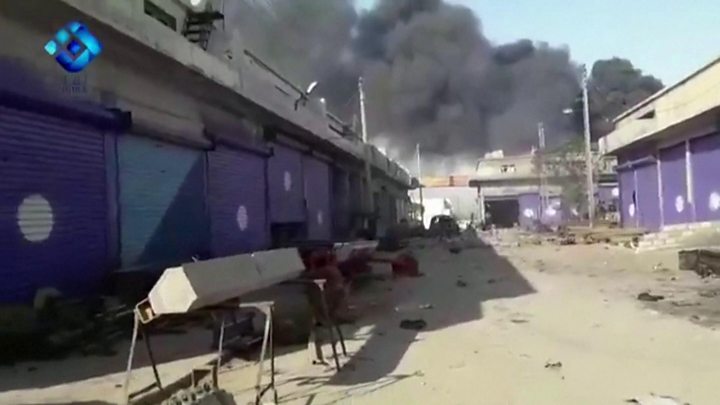
Ras al-Ain and the town of Tal Abyad are two of the key goals in the Turkish offensive.
Elsewhere, Turkey's allies say they have seized strategically important roads 30km away from the border, and captured more than a dozen villages.
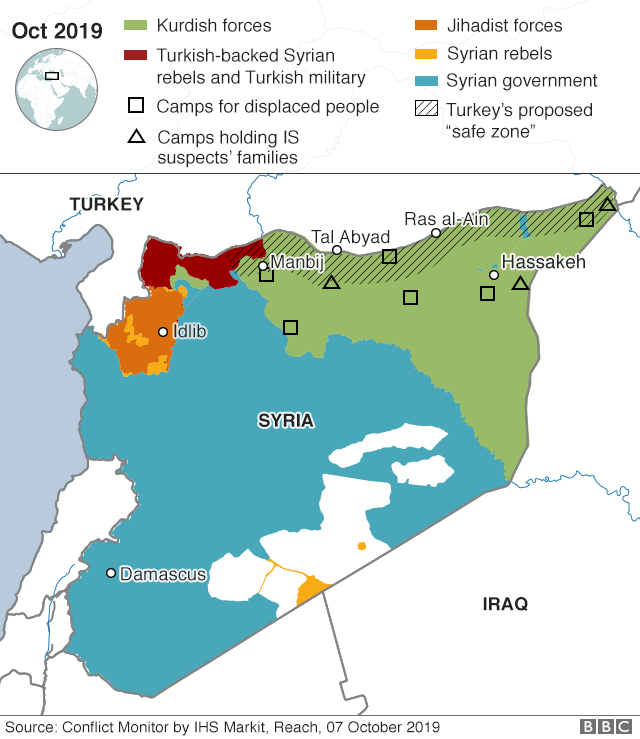

The SDF are facing numerous Turkish ground and air assaults along a stretch of the Turkey-Syria border about 75 miles (120km) long.
In his statement on Saturday, SDF official Redur Xelil demanded the US help protect the Kurdish fighters by closing air space to Turkish planes, describing it as a moral obligation.
What are the casualty figures?
They're rising, with civilians killed on both sides of the border:
- At least 38 civilians and more than 80 Kurdish fighters killed, the UK-based Syrian Observatory for Human Rights (SOHR) says
- Seventeen civilians killed in southern Turkey, including a Syrian baby, according to Turkish reports
- Nearly 50 fighters with the pro-Turkish rebels, known as the Syrian National Army, and one Turkish soldier killed
What's the reaction to the operation?
Pressure is building on Turkey to halt its operation, but President Recep Tayyip Erdogan says it will continue.
On Saturday, France said it would suspend all weapons exports to Turkey. Germany earlier announced it was reducing its arms sales to the Nato ally.
UK Prime Minister Boris Johnson also warned President Erdogan in a telephone call his operation could "undermine progress made against" IS in Syria.
The Kurds have made clear they feel betrayed by Mr Trump's withdrawal of US forces. He now says he wants the US to negotiate a truce between Turkey and the Kurds.
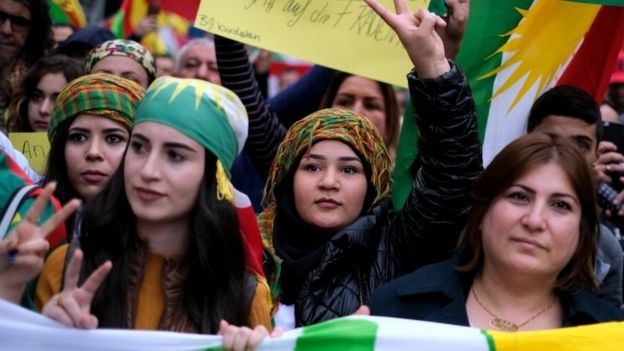 REUTERS
REUTERS
President Trump has suggested he would be prepared to use sanctions against Turkey if necessary.
Separately on Saturday, thousands of people marched in a number of European cities, including Paris and Berlin, in protest against the Turkish assault.
Middle East
US sends more troops to Saudi to face Iran threat
- 11 October 2019
- US & Canada
Iranian tanker 'attacked' off Saudi coast
- 11 October 2019
- Middle East
K-pop stars BTS perform in Saudi Arabia
- 11 October 2019
- Middle East

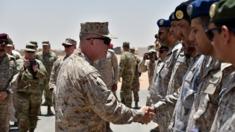
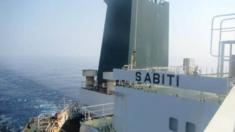

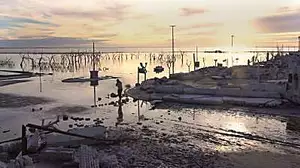
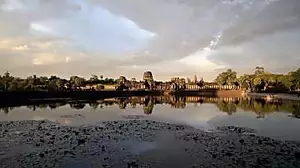
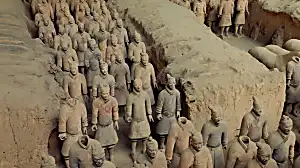
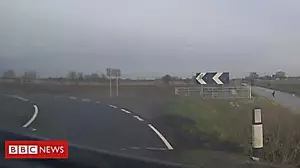
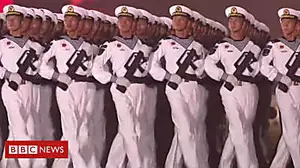
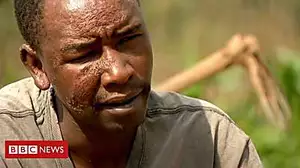
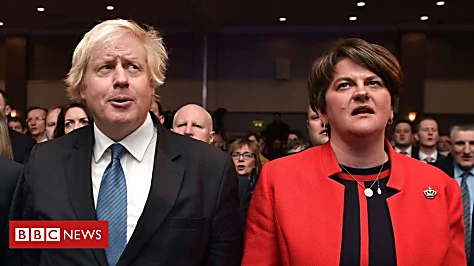
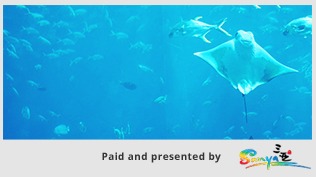
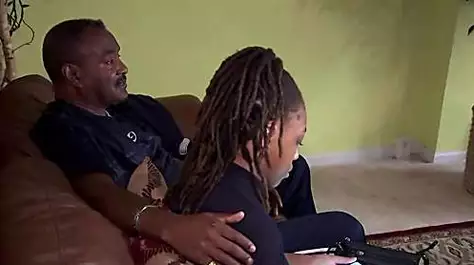

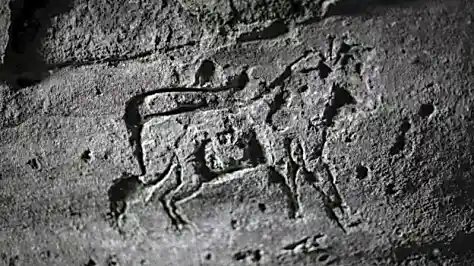
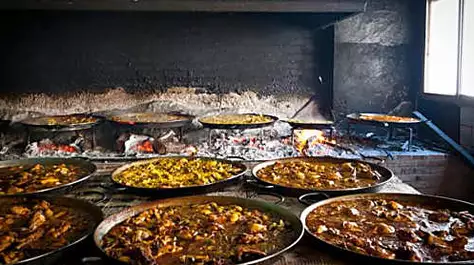
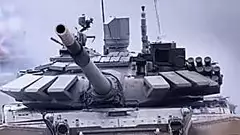
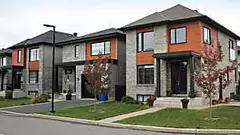
![[Photos] If You See This Fish, Get Out Of The Water Immediately [Photos] If You See This Fish, Get Out Of The Water Immediately](https://images.outbrainimg.com/transform/v3/eyJpdSI6Ijk3YjYyYmE3MzE3YjFlMzEzMzEwMWUxMTI2ZDhiNTk2Y2I0MjhmMjMyYWRjNjBkYzUyMzdhOTAxNGVkMTBmMjciLCJ3IjoxNjAsImgiOjkwLCJkIjoxLjUsImNzIjowLCJmIjo0fQ.webp)
No comments:
Post a Comment